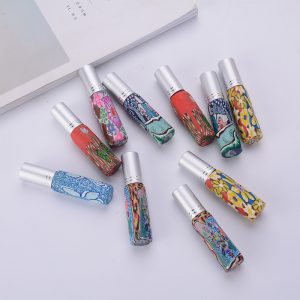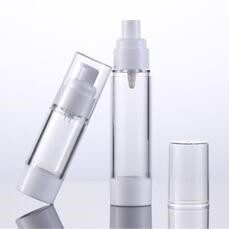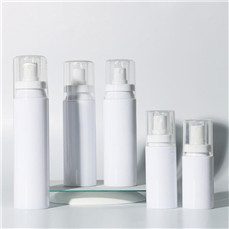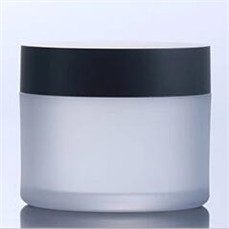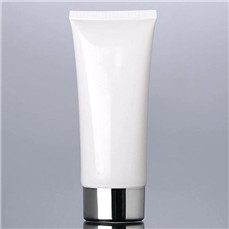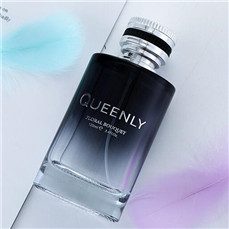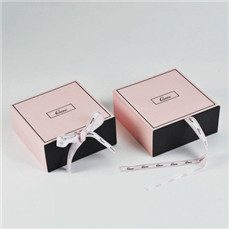In recent years, there has been an increasing focus on eco-conscious alternatives for packaging, especially beyond traditional plastic materials. Many sustainable packaging options are being explored and adopted by businesses to reduce their environmental impact. Here are some eco-friendly alternatives to plastic packaging:
- Biodegradable Plastics: Biodegradable plastics are made from renewable resources and break down more easily in the environment, reducing their long-term impact. They can be composed of materials like cornstarch, sugarcane, or vegetable oils.
- Compostable Packaging: Compostable materials, such as compostable films and coatings, break down into organic matter under specific conditions. They can be a suitable option for products that are intended to be composted after use.
- Paper and Cardboard: Paper and cardboard are recyclable, biodegradable, and compostable options. They can be used for a wide range of packaging needs, from boxes to wrapping materials.
- Glass: Glass is a highly recyclable and reusable material. It is often used for products like cosmetics, perfumes, and food items, providing an elegant and premium packaging solution.
- Metal: Aluminum and steel are recyclable metals used for packaging beverages, food items, and personal care products. They can be infinitely recycled without losing their quality.
- Bioplastics: Bioplastics are made from renewable sources, such as plant starches or agricultural waste. They can be compostable, biodegradable, or even recyclable, depending on their specific composition.
- Edible Packaging: Edible packaging materials, often made from seaweed or other edible substances, are designed to be consumed along with the product. This approach reduces waste and has a lower environmental impact.
- Fabric and Textile Packaging: Cloth pouches, reusable bags, and fabric wraps offer a sustainable and reusable option for various products.
- Plant-Based Fibers: Plant-based fibers like hemp, bamboo, and cotton can be used to create packaging materials that are biodegradable and compostable.
- Mushroom Packaging: Mushroom packaging is made from agricultural waste and mushroom mycelium. It is biodegradable and can replace foam packaging materials.
- Reusable Containers: Encouraging the use of reusable containers can significantly reduce single-use packaging waste. Customers can bring their containers for refills or use them for takeaway products.
- Packaging Reduction: Sometimes the most eco-conscious option is simply to reduce the amount of packaging used. Minimalist designs and efficient packaging can help achieve this goal.
When considering alternative packaging materials, it’s essential to consider their entire life cycle, including production, transportation, and end-of-life disposal. Each material has its strengths and limitations, and the best choice may depend on the specific product, its distribution requirements, and the environmental impact of each option. Striving for eco-conscious packaging solutions can contribute to a more sustainable future and demonstrate a commitment to environmental responsibility.
